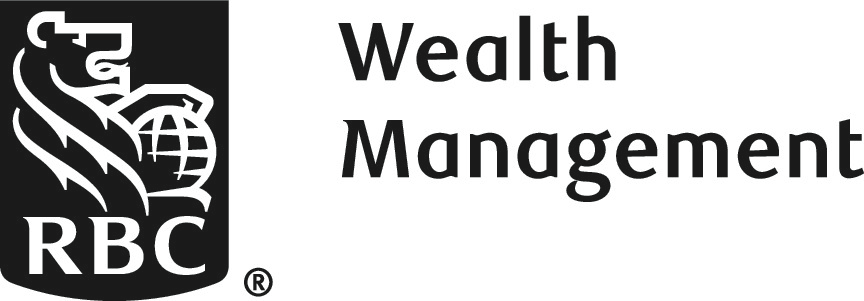Better Investment Decisions.
Powered by AI. Backed by 5,500+ company fundamentals, with structured data designed for institutional-grade clarity.
Powered by AI. Backed by 5,500+ company fundamentals, with structured data designed for institutional-grade clarity.
Alerts focus on significant current developments that may indicate important changes in future fundamentals or investment results.










Capital markets anticipate. Our AI-powered early warning system ensures you're always one step ahead with market-driven investment intelligence.
Analysis of overall market direction and momentum shifts
Deep insights into market sectors and industry performance prospects
Comprehensive tracking of fundamental and market performance factors
Identify emerging winners and underperformers before the market
Join thousands of investment professionals who rely on PTR's comprehensive research platform for better investment decisions.